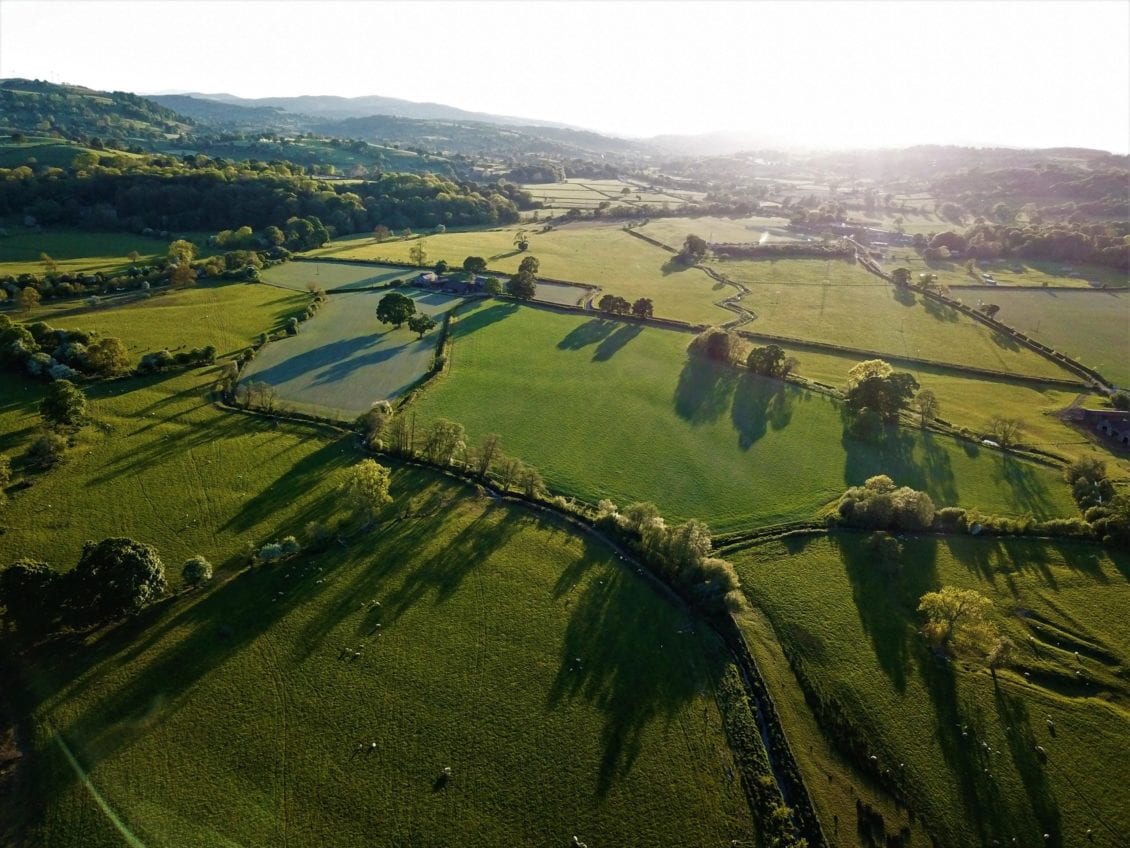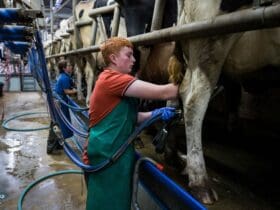The Farmers’ Union of Wales (FUW) has launched its call for action on carbon trading, to ensure that Wales’ family farms are part of the solution to achieving Net Zero instead of a casualty of carbon offsetting by powerful players.
FUW Policy Officer Teleri Fielden said: “In order to limit global warming to 1.5ºC above pre-industrial levels, countries and companies across the world have been racing to pledge their own ‘net-zero’ targets or claims.
“This has led to a surge in individuals and businesses seeking to offset their carbon emissions via the Voluntary Carbon Market. Consequently, an increasing number of farms in Wales are being purchased by companies in order to plant trees and offset their own emissions, or sell the associated carbon credits in the future.
To address these concerns and ensure their members are on the front foot of the carbon debate, the Union has compiled a list of 10 recommendations;
-
Offsetting must complement not replace lowering emissions
-
Welsh farmland must not become a dumping ground for other industries and countries seeking to offset their emissions
-
Communities not corporations should be in control of Welsh land
-
Sales of carbon credits from farmland must not undermine the ability of farm businesses to become Net Zero themselves in future
-
Effective governance is needed to ensure the Voluntary Carbon Market is regulated
-
Contracts must be transparent and protect the landowner
-
Other land uses (as opposed to solely new woodland) should be recognised and rewarded
-
A singular Soil Carbon Code is required
-
Carbon calculators need to be accredited and standardised
-
‘LULUCF’ (on farm sequestration) and renewable energy production on-farm needs to be recognised within farm emissions
“We urge the Welsh Government and regulators of the Voluntary Carbon Market to take these action points on board. A policy for Wales must be developed to simultaneously protect, recognise and reward the ability of our family farms in Wales to contribute to carbon storage, alongside all the other economical, environmental and cultural benefits family farms provide,” added Teleri Fielden.









Leave a Reply
View Comments